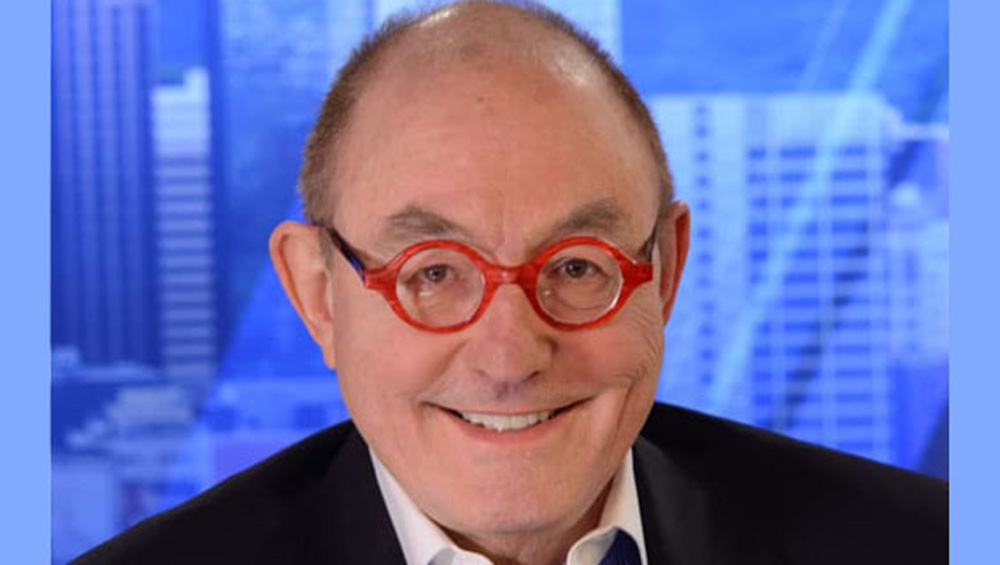
Axing Primetime At 10 Could Reset Network-Station Relationships

The message from group presidents at the recent NAB New York Show could not have been clearer. Stations want the 10 p.m. hour for local use, and not just from NBC, but from ABC and CBS as well.
Affiliates are also looking beyond a potential hour of news at 10 toward creating their own programming or buying syndicated fare. That kind of content only makes economic sense with a national footprint, thus the desire for all three networks to reduce their prime schedules.
Sensing the start of an affiliate tsunami, CBS’s George Cheeks felt compelled to issue a statement saying CBS is still committed to the 10 p.m. hour.
So far ABC has held its cards tightly, but not joining Cheeks in a public repudiation of the idea is also a message.
Why would CBS not welcome the same expense savings as NBC and perhaps ABC? Having the only network programming at 10 might create a ratings advantage for both CBS and their affiliates, but there may also be a bigger reason.
Reducing primetime to two hours could be the first step in resetting the entire network-affiliate relationship in a way that would shift power to the affiliates.
Currently, affiliates collect vast amounts of cash from cable and satellite retransmission fees, but most of that money ends up at the networks in the form of program payments. The networks are in a strong negotiating position because of the value of primetime programming and the high-profile sporting events they supply. Any change in that dynamic could affect the future distribution of those payments.
Controlling the 10 p.m. time period could also lead to stations eventually programming the entire three hours of primetime as a syndicated/local block. Instead of just station breaks, affiliates would own the majority of inventory. That would relieve the networks from the burden of producing primetime programming, but also loosen the chokehold they have on affiliate program payments.
Unlike the glut of news inventory, quality prime is highly sought by ad agencies and local clients. In this case, more is better, especially if there is a corresponding reduction in network prime inventory.
Under this scenario the network-station relationship would not go away. Networks would still provide sports, news and other special programming. They would also still receive programming payments, but not at the levels they do today.
Before you scoff that affiliate control of prime would lead to nothing but game shows and reality, consider that the traditional networks are already sending a clear message to Wall Street that their highest quality programming will now go on their streaming platforms, not their linear networks. Affiliates, who still believe in the value of linear broadcasting, might find their best bet for preserving primetime quality is to control it themselves.
One thing we’ve learned from the streaming world is that any organization can now compete for premier programming. Large affiliate groups have the same opportunity as networks and streamers to structure production deals. In case you doubt that, consider the following:
- Sinclair Broadcast Group has a new creative partnership with CSI creator Anthony Zuiker to produce new content for the group and likely syndication.
- Gray Television’s huge Assembly Atlanta project will bring Hollywood facilities to Georgia, allowing the company to do far more than fulfill their NBCUniversal commitment.
- Nexstar’s acquisition of the CW Network puts it squarely in the programming arena.
- Hearst Media Production group has greatly expanded its development efforts in both Los Angeles and Charlotte, N.C., under veteran innovator Frank Biancuzzo.
- Byron Allen’s roots are in program production and syndication.
Should affiliates eventually control the entire primetime block, Amazon, Apple, Netflix or even Google could easily expand into the program distribution business. Amazon is already experimenting with the NFL, so major sports leagues and conferences could also come into play, further eroding the networks negotiating power.
Perhaps the best thing about affiliates gaining control of the 10 p.m. hour is the opportunity to slowly change the entire network-affiliate relationship without upsetting the current system.
No one wants to destroy the relationship between networks and their affiliates; quite the opposite. In a perfect world the current system would continue, but the reality of streaming means the networks are no longer willing to play by the old rules. That leaves stations with the untenable position of paying a fortune for what is going to become second-class programming.
If the network-station relationship is to be recalculated, stations must gain enough leverage to negotiate fairer financial agreements along with some control of prime.
For the moment, CBS is trying the put its finger in the 10 p.m. dike, but affiliates are sensing the opportunity to start leveling the playing field and thus will not be easily dissuaded.
Whatever the eventual network-affiliate relationship looks like, it is clear station groups want more control over the future than they have now. Giving affiliates an initial hour of primetime could be the start of that new relationship.
Hank Price is a media consultant. His second book, Leading Local Television, has become a standard text for television general managers. In a 30-year general management career, Price led TV stations for Hearst, CBS and Gannett, including WBBM Chicago, KARE Minneapolis, WVTM Birmingham, Ala., and both WXII and WFMY in Greensboro/Winston Salem, N.C. Earlier, he was a consultant with Frank N. Magid Associates. Price also spent 15 years as senior director of Northwestern University’s Media Management Center. He is currently director of leadership development for the School of Journalism and New Media at Ole Miss.
































Comments (1)
[email protected] says:
October 27, 2022 at 11:31 pm
I think if the big 3 give back 10PM it will be a newscast in my opinion not programming or syndication. I’ll eat crow if Nexstar, Sinclair, Scripps, Gray, TEGNA etc program 10PM with no newscast it is slim to none Hank.